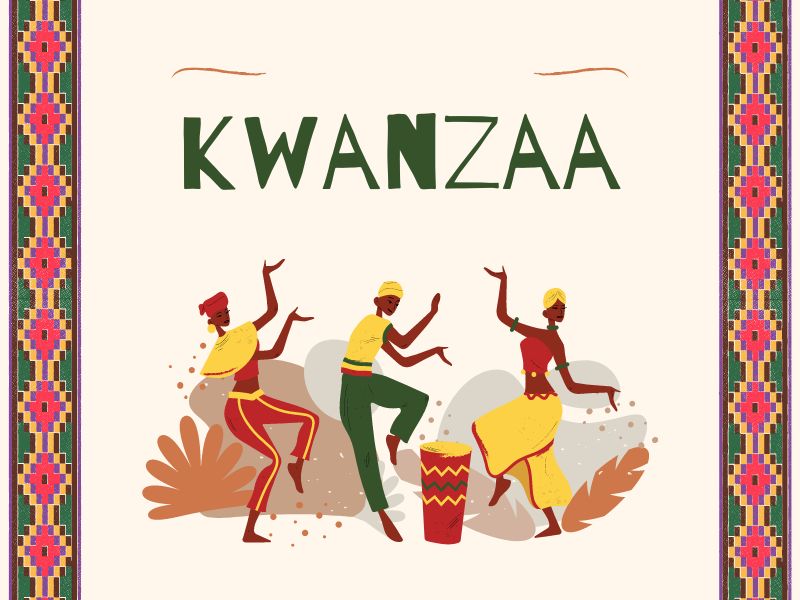As the holiday season unfolds, it brings a tapestry of diverse celebrations, Kwanzaa is an African American and Pan-African festival of unity and cultural richness. Embracing Kwanzaa as a family can be a rewarding experience, fostering a sense of community, heritage and shared values. The holiday’s seven principles can also offer valuable lessons and principles that resonate with all people.
Dr. Maulana Karenga, scholar and activist, created Kwanzaa in 1966, against the backdrop of the Civil Rights Movement in the U.S., as a week-long celebration of Black identity and unity that begins on December 26 and ends on January 1.
Kwanzaa is derived from the Swahili phrase matunda ya kwanza, which means first fruits. During Kwanzaa, each day is dedicated to one of the seven principles, the Nguzo Saba. These principles are the guiding lights of Kwanzaa.
Seven principles of Kwanzaa:
-
Umoja (Unity)
Umoja, the first principle of Kwanzaa, highlights the significance of unity and upholding a sense of togetherness and cooperation within the family, community, nation and ethnicity. It reminds us that we are all interconnected despite our cultural differences, ethnicity or beliefs.
-
Kujichagulia (Self-Determination)
Kujichagulia is based on the belief that people have the inherent right to define themselves. This principle is all about taking control of your life and making choices that reflect who you are, no matter what other people might say or do.
-
Ujima (Collective Work and Responsibility)
Ujima is based on the belief that communities become more potent when they work together, share resources and take responsibility for each other’s well-being and progress.
-
Ujamaa (Cooperative Economics)
Ujamaa inspires individuals to contribute to the prosperity of their community, recognizing that economic well-being is a shared responsibility. In practicing Ujamaa, Kwanzaa imparts the lesson that economic empowerment is not just an individual pursuit but a communal journey toward shared prosperity.
-
Nia (Purpose)
Nia means purpose. This principle encourages individuals to reflect on their collective goals and personal missions and consciously commit to building and developing the community.
-
Kuumba (Creativity)
The principle of Kuumba encourages individuals to explore and express their unique talents and gifts, emphasizing that creating is a powerful force for positive change. It does not matter whether this creativity is told through the arts, sciences or even everyday actions. Kuumba inspires people to embrace their creative potential, which fosters a culture of innovation. This culture contributes to the overall welfare and cultural diversity of society.
-
Imani (Faith)
Imani is the seventh and final principle of Kwanzaa, representing the essence of faith. This principle reminds us that even in difficult times, it is essential to maintain faith in our shared values and the possibility of a brighter future, both for personal growth and for the development of our communities.
In a world that often appears divided, Kwanzaa proves the power of unity, cultural appreciation and shared values. Although it was initiated as a celebration for individuals of African descent, its principles hold universal truths guided by the Nguzo Saba.



